#TypesTuesday – Epic Hero Stories & Power of Idealism
Continue readingStories of Love and Loss
#TypesTuesday – Separated Lovers is a Power of Idealism Story
Continue reading#TypesTuesday – Anthems for Power of Idealism
#TypesTuesday – Songs that demonstrate the Power of Idealism
Continue reading#ThinkpieceThursday – I Am Not A Witch
#ThinkpieceThursday – Staying in Drought-threatened Cape Town Echoed a Movie
Continue reading#ThinkpieceThursday – Movie Animals as Character Types
#ThinkpieceThursday – Even Animals have Character Types
Continue reading#TypesTuesday – Three Silent Greats
#TypesTuesday – Action Speaks Louder than Words
Continue reading#ThinkpieceThursday – Why Nine Character Types?
#ThinkpieceThursday – 9 is more than just a number
Continue reading#TypesTuesday – Community and Interdependent Characters
#TypesTuesday – Ensembles work best when each character relies on the others
Continue reading#TypesTuesday – Doctor Who: 1 Character, 9 Types
#TypesTuesday – Doctor Who Is One Character Who Has Been Every Type
Continue readingDestructive Lovers
#ThinkpieceThursday – Character Types affect relationships as well as individuals
Continue readingThe Hurt Locker – Power of Idealism
#TypesTuesday – The Hurt Locker & The Power of Idealism are an Oscar worthy combination
Continue readingWhy is the Cop on the Job?
“Why” cops do what they are do and “Why” they are affected by the job
Continue readingComing of Age – Power of Idealism
Why Billy Elliot and Bend It Like Beckham were such a hit with International audiences.
Continue readingArchetype or Character Type? Wizards in Harry Potter
#TypesTuesday – There is no one way to be a wizard.
Continue readingPower and Game of Thrones
The Game of Throne brings its relationships to life with complex characters that have a specific point of view and whose actions are always consistent with their particular way of looking at the world, their role in the world, and their philosophy of life, love, and power.
Continue readingVintage Cop Shows – Why Is The Cop On The Job?
“How” a crime is solved is so much less important than “Why” the cops are doing what they are doing and “Why” they are affected by the job. If there is no “Why” it’s just cops going through the motions.
Continue readingWhat is Power?
Different Character Types have very different views of what power is.
Continue readingBattleship
My expectations for Battleship were low, my aisle seat afforded me a quick painless getaway, and yet I stayed. I actually enjoyed the movie.
Continue readingThe Avengers
#TypesTuesday – Each Avenger is absolutely true to their Character Type.
Continue readingThe Artist
Writer-director Michael Hazanavicius is one of the rare filmmaker-artists whose pictures are worth a thousand words.
Continue readingDog Day Afternoon – Day Thirty One – #40movies40days
Today Dog Day Afternoon is an unabashed classic, a template by which other movies are based and a formula which is periodically tweaked and refined.
Continue readingThe Quiet American – Day Twenty Eight – #40movies40days
The Quiet American is a wonderful 2002 film starring Michael Caine (Power of Idealism) as a jaded newspaper reporter who moves from being an observer, passionately in love with a young Vietnamese girl, to a direct participant in the tangled politics of her country.
Continue readingThe Mating Season – Day Twenty Four – #40movies40days
The Mating Season is a good old fashioned Power of Love story in the best sense of the word.
Continue readingLadies in Lavender – Day Twenty Two – #40movie40day
Ladies in Lavender is a slight wistful film filled with yearning, jealousy and regret. Dame Judi Dench and Dame Maggie Smith give tender nuanced performances filled with love and longing.
Continue readingBright Star – Day Seventeen – #40movies40days
Bright Star starts a bit slowly but builds and burns with a growing intensity. The longing, the loss, the passion and the separated lovers make it a classic Power of Idealism film with two young Power of Idealism lovers.
Continue readingArranged – Day Fourteen – #40movies40days
Arranged is the story of Rochel, an observant Orthodox Jewish woman, and Nasira, a devout Muslim woman. The two form an unlikely friendship at the public school where they both teach fourth graders.
Continue readingA Bug’s Life & Revolution in the Middle East
I watched Pixar’s A Bug’s Life last night was struck by the similarities in the story to what is happening in Egypt and all around the Middle East. The film is powerful statement of “there are more of us than there are of them.”
Continue readingNFL Leadership Styles – Can You Help?
Sometimes it is really useful to look at the Character Types of real people to see how what they do or say defines them. The SuperBowl and the magnificent victory by Green Bay and their young quarterback Aaron Rodgers is a great example to start off with. I’d like to type all the major players in the NFL in terms of their leadership styles. I’m looking for some help here– with quotations or a link to a video as an illustrations. Can you help fill things out?
Continue readingThe Black Swan & The Social Network
Two of the most highly acclaimed and most talked about movies of the 2011 Awards season are The Black Swan, directed by Darren Aronofsky and written by Mark Heyman, Andres Heinz and John J. McLaughlin and The Social Network Directed by David Fincher and written Aaron Sorkin adapted from a book by Ben Mezrich. Both are Power of Reason films with Power of Reason protagonists.
Continue readingMad Men – Emmy Winner
Mad Men won 2010 Emmy Awards for Outstanding Drama Series and Outstanding Writing in a Drama Series. The show is about the world of advertising; a world of illusion, sleight of hand and outright deception. It is a quintessential Power of Truth story and is anchored by a wonderful Power of Truth protagonist, Don Draper/Dick Whitman (Jon Hamm).
Continue readingIdealism Wins at the Oscars
Pixar won the 2009 Oscar for Best Animated Feature with Up. All seven Pixar films released since the creation of the category have been nominated. Five have taken home the Oscar: Finding Nemo, The Incredibles, Ratatouille, WALL-E, and Up. Three of those five Oscar winners— Up, The Incredibles and Ratatouille— are Power of Idealism films.
Continue readingCougar Town – When a Character Doesn’t Ring True
Cortney Cox’s character is is poorly defined, cartoonish and utterly inauthentic. She acts like a thirty-year old Judd Apatow guy trapped in a one-note joke about being desperate but clumsy in the attempt to get laid.
Continue readingBattle Speeches – Power of Idealism
It is critical that a battle speech reveal character. Each kind of leader sees the world differently and fights for different reasons. Each kind of leader inspires followers differently.
Continue readingPower of Idealism
 Personality
Personality
Power of Idealism characters believe that life and love should involve a grand passion or an heroic destiny. They see the world in terms of sweeping epic poetry or as a struggle of operatic proportions. Intensity of feeling (good or bad) makes this character’s life worth living.
Power of Idealism characters believe it is better to be in intense pain than to feel nothing at all or to be simply content or complacent. These characters are more than willing to suffer for their art, their iconoclasm or their noble or romantic gestures. They believe pain is necessary to living a life of passion. They embrace their pain and even tend to wallow in it.
Power of Idealism characters have high standards and seek excellence in whatever they do. They appreciate the finer things in life and special luxuries large and small. They strive for aesthetic perfection in all areas. They abhor anything they consider to be coarse, gross, common, ordinary, mediocre, inelegant or ungallant. They believe that what is perfect but unavailable or unattainable is infinitely more desirable than what is flawed but possible or achievable. They are always reaching for the unreachable star.
A character driven by the Power of Idealism wants to stand out from the crowd, to be extraordinary, unique and special. They are youthful rebels, Epic Heroes or lovers whose passion lives forever. In addition to the examples below, see the Power of Idealism blog posts for more examples.
Character Examples
Coming of Age characters like the title characters in Billy Elliot or Juno, “Jess” Kaur Bhamra in Bend It Like Beckham and Curt Henderson in American Graffiti are young people “finding themselves.” They don’t quite fit in and struggle to find their rightful place in the world. Learn how these characters lose their innocence but gain a more complex understanding of the adult world.
Epic Hero characters like Colonel Robert Shaw in Glory, King Leonides in 300 and William Wallace in Braveheart are warriors in a doomed but noble battle. These Epic Heroes fight courageously and sacrifice themselves for honor, glory and the immortality of story, song and legend. Learn how these characters lose their lives but live forever in our hearts.
Separated Lovers like Rick Blaine in Casablanca, Karen Blixen in Out of Africa and Zhivago in Doctor Zhivago are torn asunder from their lovers but their passion transcends time, distance or death. In Separated Lover stories learn how love becomes stronger than any other force on earth– even death.
Intense and sensitive Power of Idealism television characters include Meredith Grey in Grey’s Anatomy, Carrie Bradshaw inSex and the City, Ryan Atwood in The O.C. and Dawson Leery in Dawson’s Creek. Learn how these complex characters keep us enthralled week after week.
Power of Idealism eBook
The Power of Idealism Character Type eBook explains how these characters are alike and how each character is made individually distinct. It will help you develop unique, original, evocative and authentic Power of Idealism characters that fully explore all the contradictions, reversals and surprises of a fully formed human being.
Discover the Power of Idealism character’s specific goals, unique emotional obstacles and very distinct responses and reactions to any opportunity, challenge or threat. Create this character’s Immediate Tactics, Long-term Orientation and Strategic Approach in a way that is recognizably “true” at every step of the story and during every moment of screen time. The audience will instantaneously recognize and relate to your character because your character is complex, three-dimensional and “feels real.”
This eBook is thorough analysis of the Power of Idealism Character Type in his or her many guises and roles as a protagonist or a member of a larger ensemble. It is packed with numerous examples from film, television and even real life! Examples from scores of scenes and dozens of quotes from film and television characters clearly illustrate this character’s motivations and psychological dynamics in a story.
Comprehensive Analysis
The Power of Idealism Character Type eBook illustrates exactly how to create and differentiate this character based on his or her:
(1.) World View (beliefs about how the world works) What are the essential core beliefs that motivate a Power of Idealism character’s ordinary actions?
(2.) Role or Function (position in the story or role in the ensemble) What do the other players look to a Power of Idealism character to do or provide in the story?
(3.) Values in Conflict (competing values that push the character to extremes) What opposing choices or goals establish the Power of Idealism character’s moral code? What is this character willing to fight, sacrifice or die for? And why?
(4.) Story Questions (emotional journey in the story) What personal issues, dilemmas and internal conflicts does a Power of Idealism character wrestle with over the course of the story? What does this character ask of him or her self? What is this character’s Leap of Faith in an emotionally satisfying story?
(5.) Story Paradox (emotional dilemma) What is the duality or the contradiction at the heart of a Power of Idealism character’s story struggle? How is the character’s internal conflict expressed in actions.
(6.) Life Lessons (how to complete the emotional journey) What must a Power of Idealism character learn over the course of the story to make a clear, satisfying personal transformation? What actions lead to this character’s emotional salvation?
(7.) Dark Side (this character as a predator or villain) What happens when a Power of Idealism character’s actions are driven entirely by fear? How might or how does the story end in tragedy?
(8.) Leadership Style (what defines and qualifies this character as a leader) How does a Power of Idealism character convince others to follow? How does this character act to take charge and command?
(9.) Film Examples (the Power of Idealism character as a protagonist)
(10.) Television Examples (the Power of Idealism character as central to an ensemble)
(11.) Real Life Examples (historical Power of Idealism figures on the world stage)
Character Type Examples
#TypesTuesday – Here is a list of character examples.
Continue readingJohn Hughes – Power of Idealism
John Hughes passed away today. Molly Ringwald represented John Hughes’ romantic ideal of the artist as misfit, sensitive and misunderstood, aspiring to wider acceptance but reluctant to compromise too much.
Continue readingTerminator Salvation vs Star Trek – What Is Fair?
Different Character Types view philosophical concepts like fairness, love and social or personal responsibility very differently. They each have very distinct ideas about how the world works and very specific ideas about what is owed to the self and to others.
Continue readingTerminator Salvation – Idealism vs. Conscience
 Terminator Salvation is a solid satisfying summer hit. It’s also a great illustration of the difference between a Power of Idealism character, Marcus Wright (played by Sam Worthington) and a Power of Conscience character, John Connor (played by Christian Bale). Although both men (and both Character Types) are honorable, how each views honor is different. Each man’s emotional journey therefore is distinct.
Terminator Salvation is a solid satisfying summer hit. It’s also a great illustration of the difference between a Power of Idealism character, Marcus Wright (played by Sam Worthington) and a Power of Conscience character, John Connor (played by Christian Bale). Although both men (and both Character Types) are honorable, how each views honor is different. Each man’s emotional journey therefore is distinct.
We first meet a morose Marcus Wright on death row. Dr Serena Kogan (played by Helena Bonham Carter), a researcher who is dying of cancer, makes a passionate appeal to him to be part of a larger project or greater vision. Marcus agrees to “sell” his body to science for a kiss. He kisses Dr. Kogan deeply and says, “So that’s what death tastes like.” This doomed romantic moment is exactly what appeals to and defines a Power of Idealism character.
When Marcus awakes decades later, he finds himself in a post-apocalyptic world overrun by a vicious, relentless, red-eyed mechanical army churning through the remains of human-kind. Marcus begins a long tortuous journey to discover who and what he is and how he fits into this horrifying new world.
 Power of Idealism characters are most deeply concerned about authenticity, personal identity and the individual vs. society. These characters strive to find their place in the world— Who am I and where do I fit in?— while being acknowledged as unique, special and one-of-a-kind.
Power of Idealism characters are most deeply concerned about authenticity, personal identity and the individual vs. society. These characters strive to find their place in the world— Who am I and where do I fit in?— while being acknowledged as unique, special and one-of-a-kind.
When Marcus discovers his extraordinary but horrific nature, he rebels. Dr. Kogan tells him he was designed for a unique purpose and that there is only one of him. He is indeed one-of-a-kind. Marcus refuses to be defined by his circumstance or situation. He will not submit to a larger crushing authority or an inescapable technological imperative. He will define himself.
In true Power of Idealism fashion, Marcus defines himself and becomes the stuff of legend through sacrifice. What makes him human is his heart— both metaphorically and literally. He sacrifices his heart so that the Resistance might live. It reminded me of one of the Psalms: “I am poured out like water, And all my bones are out of joint; My heart is like wax; It is melted within me.” Marcus Wright’s heart melts and he pours his life into John Connor and the hope of the Resistance.
We meet John Connor as the voice and moral authority of those fighting against the machines. At the climax of the movie, the larger Resistance leadership argues to strike a death blow against Skynet when Skynet’s defenses are down. John refuses to do so because such an attack would result in the deaths of masses of human prisoners trapped inside Skynet’s fortress city. John argues that if the Resistance fights with the same cold calculation as the machines– they are no better than machines.
 Power of Conscience characters are most deeply concerned about rightness, fairness and the higher duty involved in anything they do. Although he wants desperately to end the war, John is not willing to do so at the expense of what he believes is mankind’s higher value of respecting human life. No one is expendable. All human life is precious. He tells those under his command to stand down. They respect John’s moral vision and choose to obey.
Power of Conscience characters are most deeply concerned about rightness, fairness and the higher duty involved in anything they do. Although he wants desperately to end the war, John is not willing to do so at the expense of what he believes is mankind’s higher value of respecting human life. No one is expendable. All human life is precious. He tells those under his command to stand down. They respect John’s moral vision and choose to obey.
Power of Conscience characters believe they are their brother’s keeper. They feel responsible for the greater good and for doing good. These characters wrestle with how far they should go in seeking justice and fairness for others or in standing up against evil. They worry about and struggle with what is the higher duty and what exactly is required of them in response.
Star Trek 2009 – Spot On Character Types
The big summer hit, Star Trek, is a great opportunity to see the Character Types in action. Character consistency is a crucial reason why the film has played so well with new audiences and long-time fans of the venerable franchise.
Continue readingThe Reader – Power of Idealism
Memory, loss and disillusionment are all part of a Power of Idealism Coming of Age Story. The Academy Award nominated film The Reader taps into the powerful resonance of this kind of story.
Continue readingRevolutionary Road – Power of Idealism
The film Revolutionary Road tells the story of Frank and April Wheeler (Leonardo DiCaprio and Kate Winslet), two Power of Idealism characters who feel trapped in the bonds of a mundane suburban lifestyle.
Continue readingThe Wrestler – Power of Idealism
Randy’s tragedy is he finds magic only in the empty choreographed illusions of the ring. He compulsively plays the spray-tanned bleached blond hero to dwindling numbers of cheering strangers.
Continue readingMcCain and Obama: Character Consistency in Storytelling
#ThinkpieceThursday – The Presidential election is an opportunity to see two Character Types play their roles on the world stage.
Continue readingJohn McCain – Three Factors of Character Type
The same tactics and approach can create totally dissimilar strengths and weaknesses, problems and opportunities because the two characters view the world so differently.
Continue readingRaising the Bar – Not Bochco at His Best
The audience needs to be actively concerned about a character’s sanity, safety or soul to be truly engaged.
Continue readingComing of Age Films and Power of Idealism
#WritingAdviceWednesday – Coming of Age films, as I define them, are Power of Idealism films.
Continue readingJohn McCain – Power of Idealism
In watching the grand drama of the American election play out, it’s interesting to look at the candidates’ Character Type. John McCain is a classic Power of Idealism character.
Continue readingRevolutionary or Rebel
#MondayMusings – Rebels are opportunistic, but Revolutionaries strive for change
Continue reading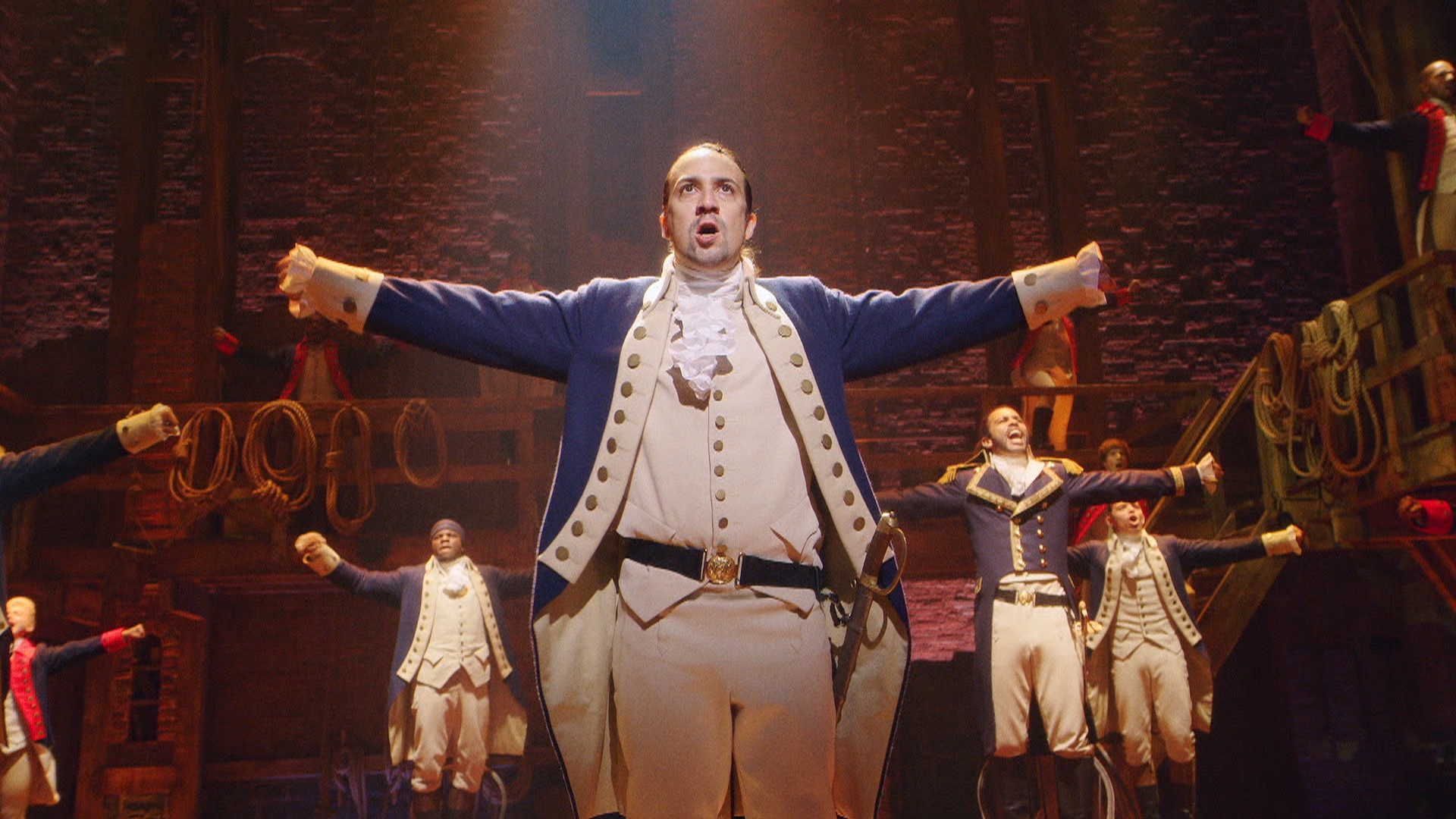

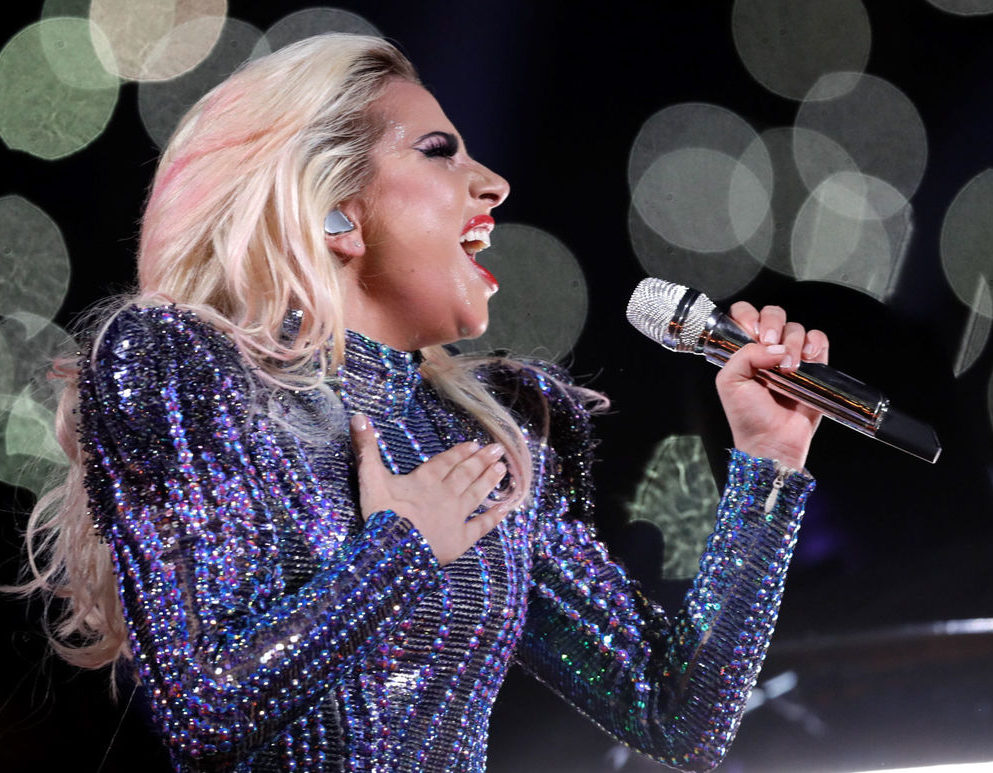
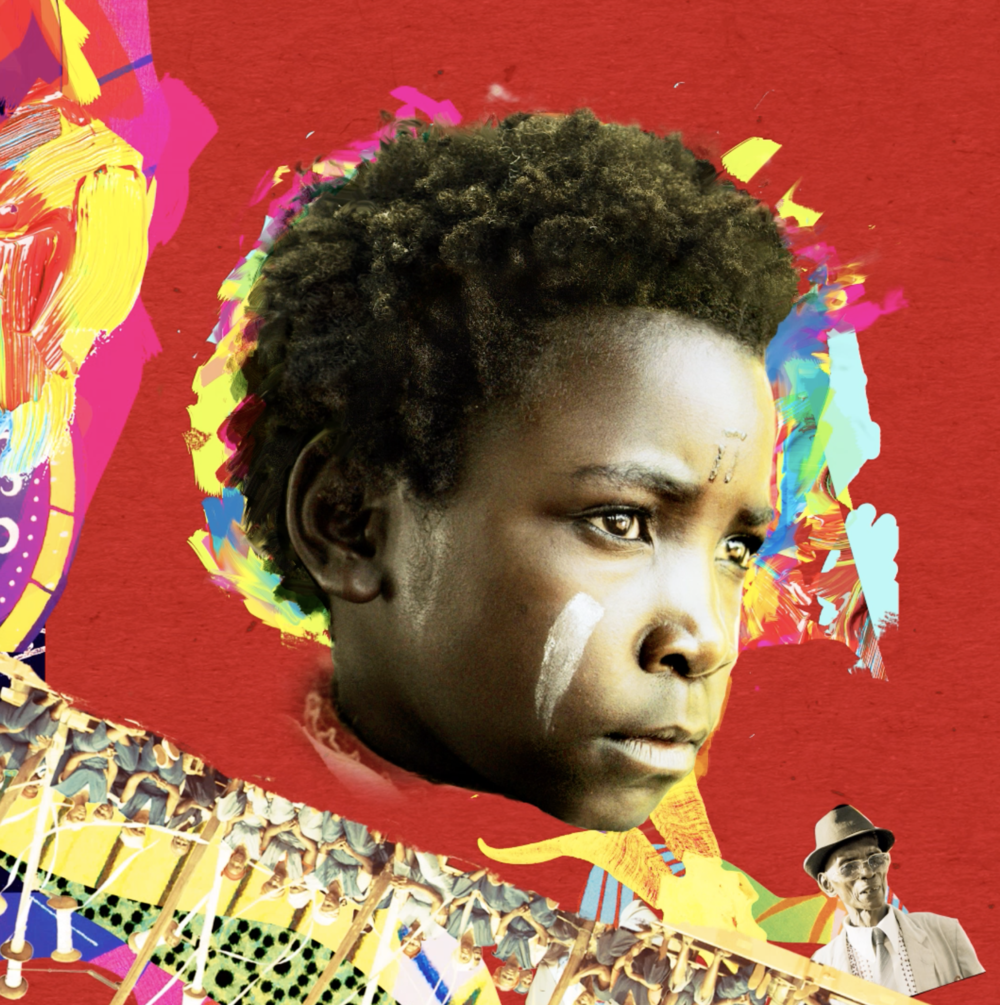
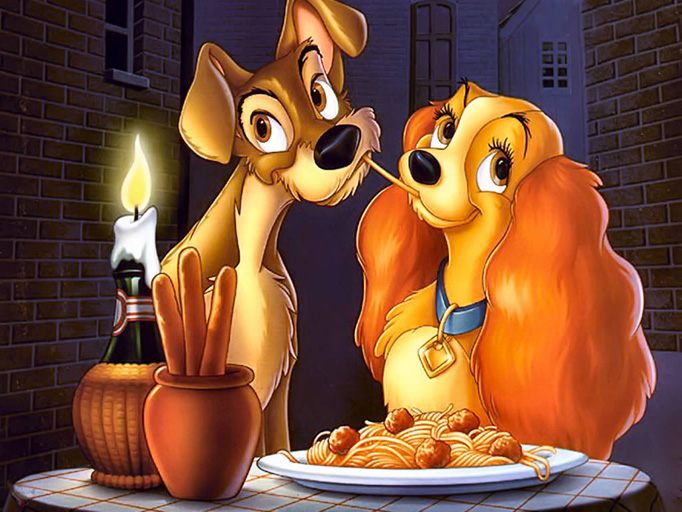

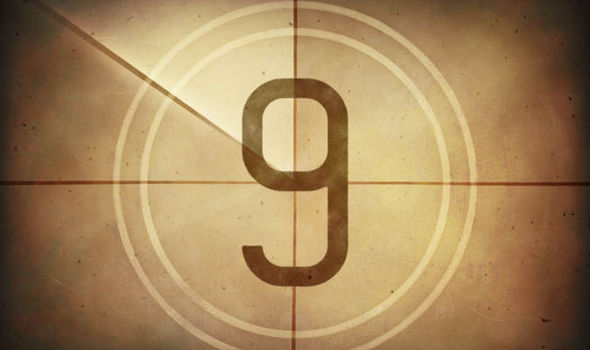
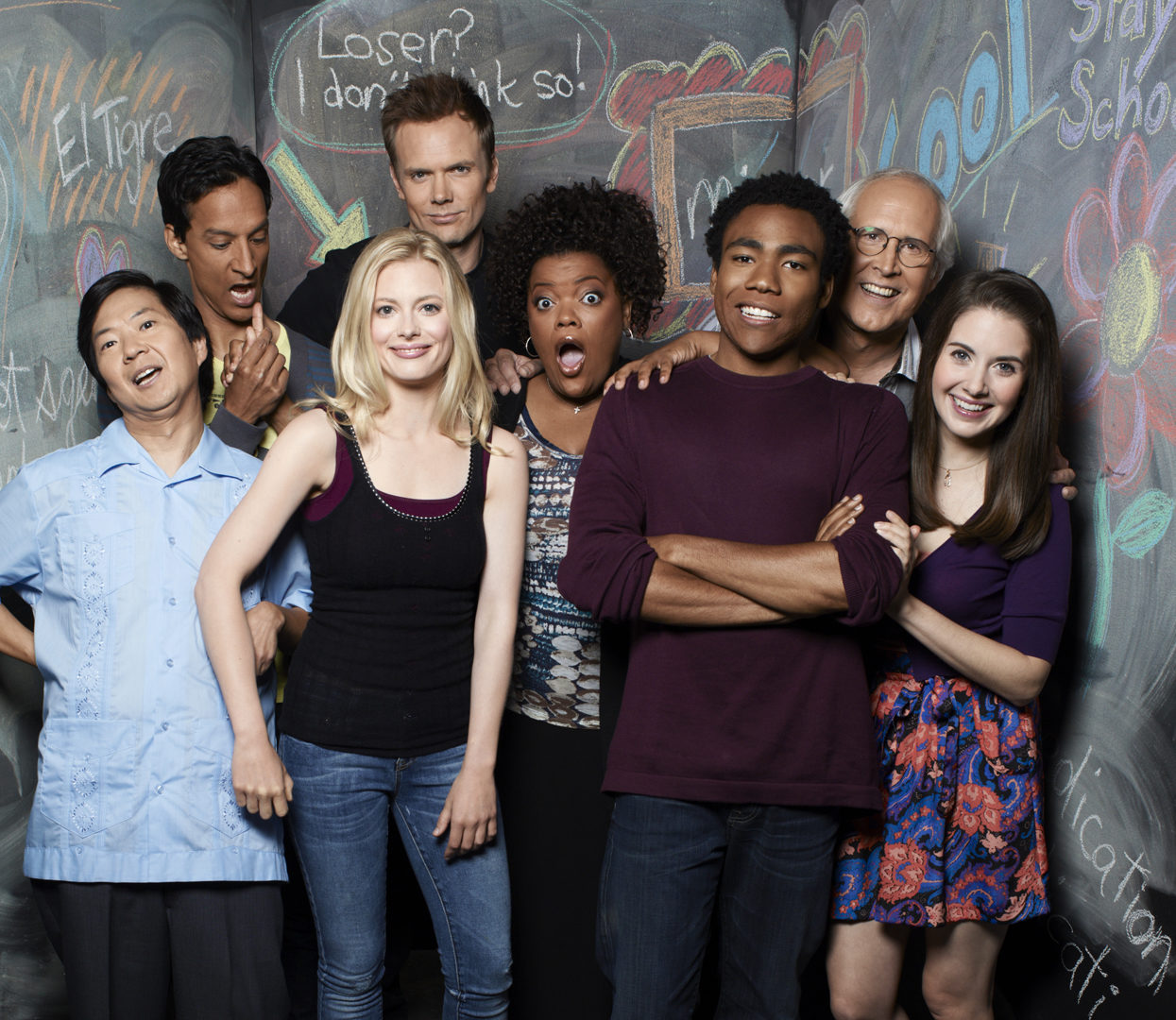


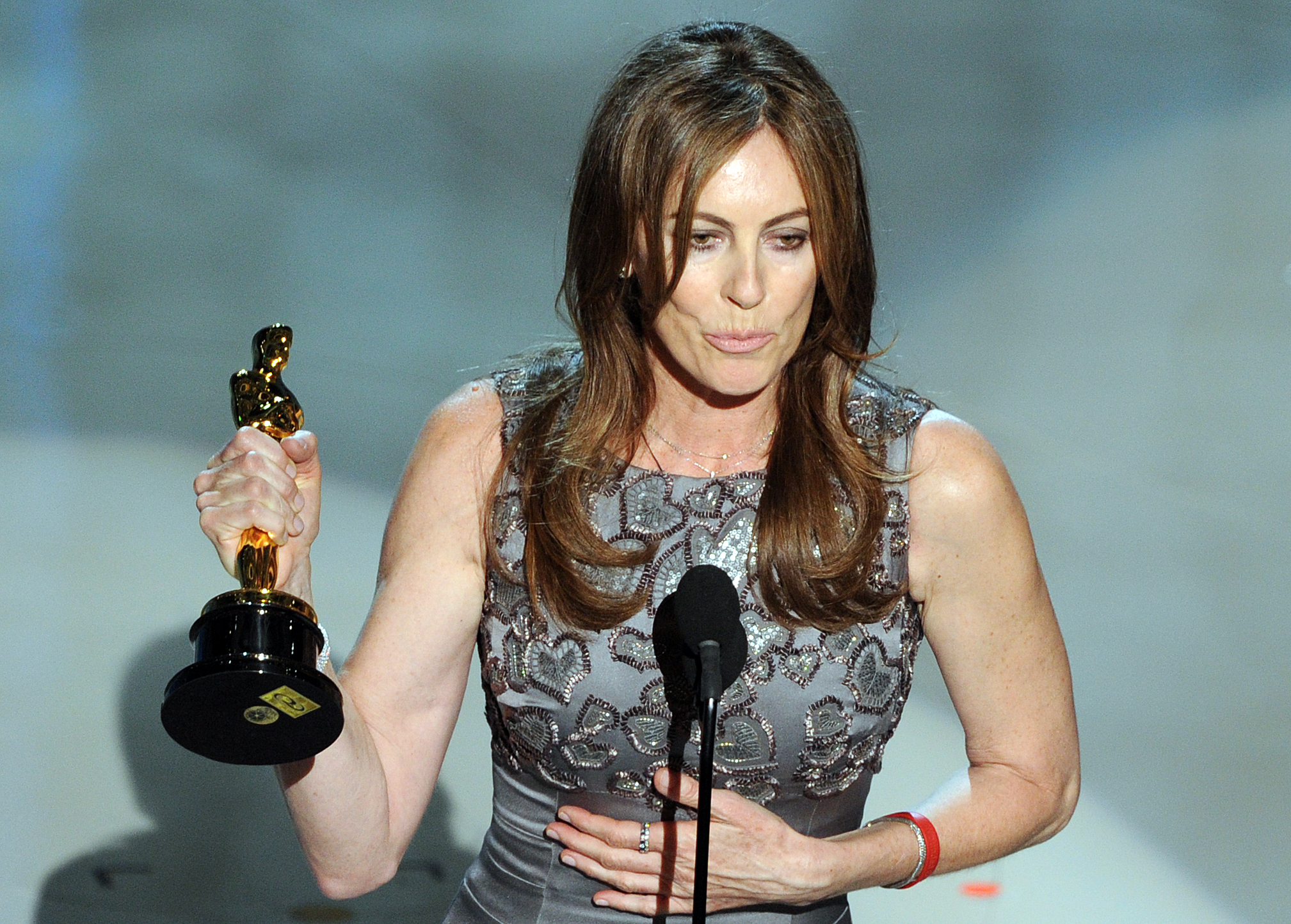



 Personality
Personality